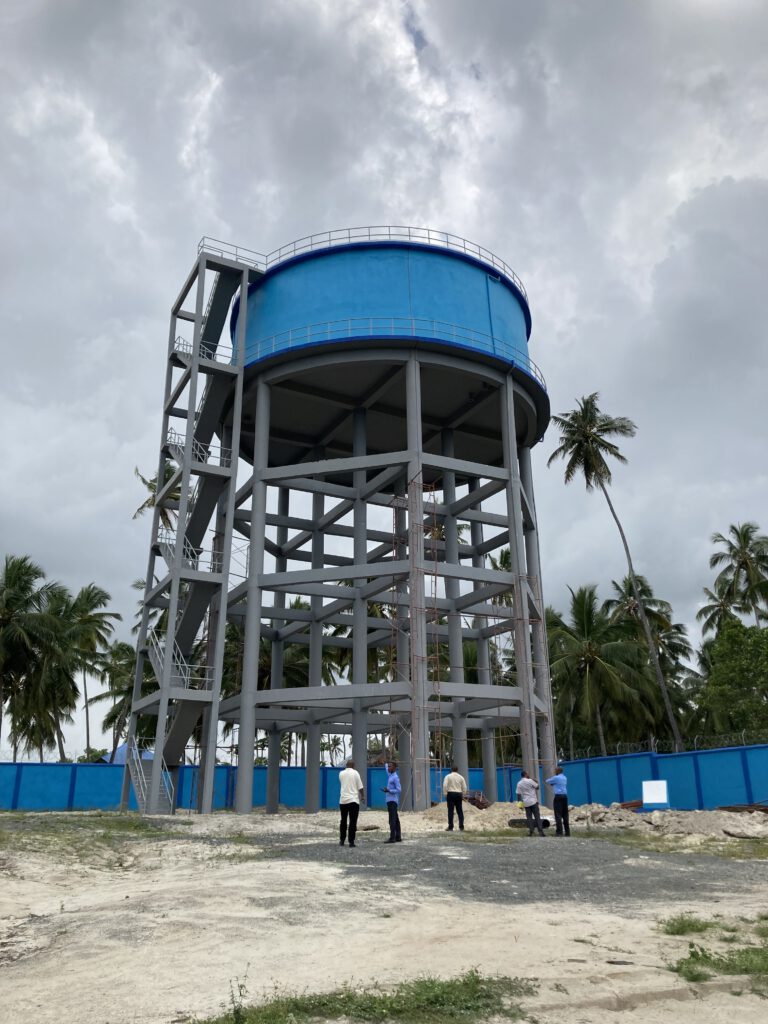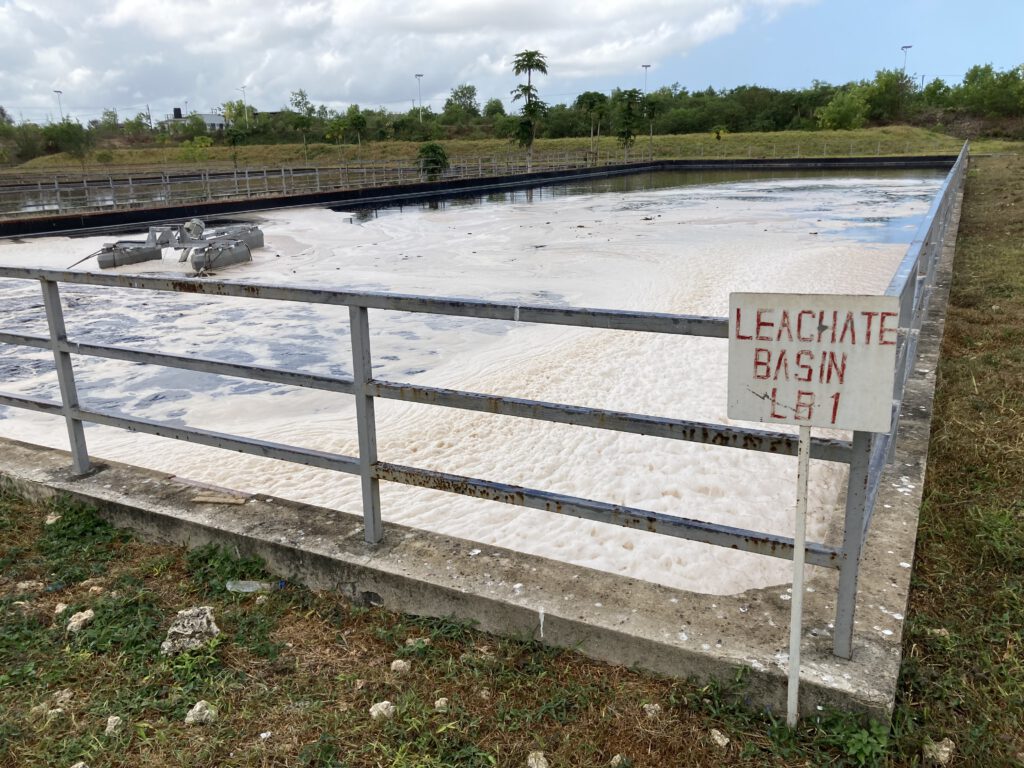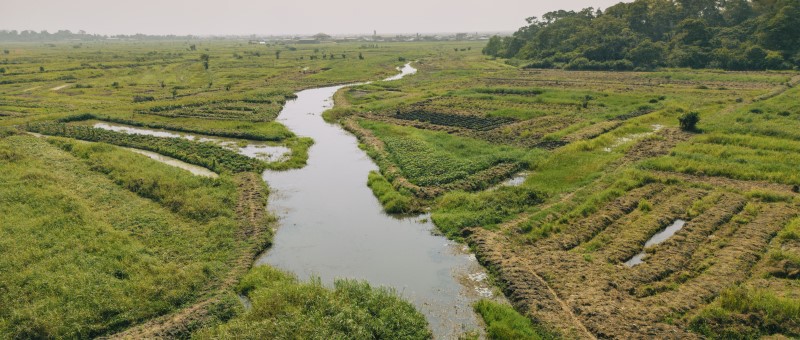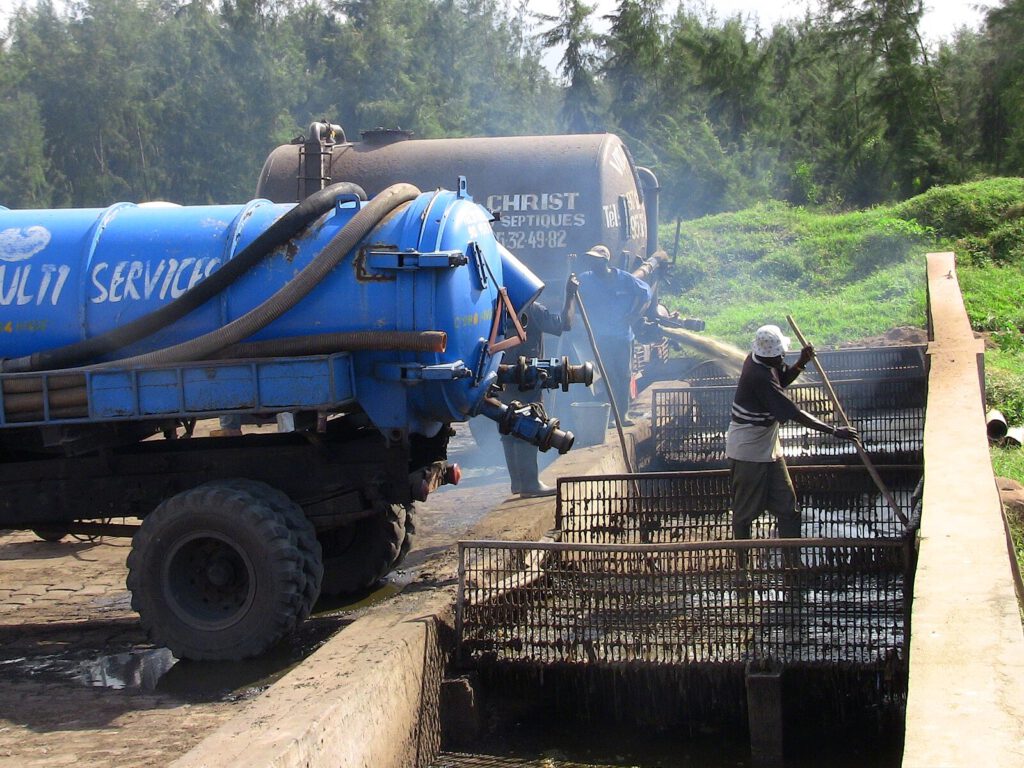Driving Sustainable Water Management
Explore Innovative Approaches to Water and Wastewater Management.


Ensuring Sustainable Water Solutions in Zanzibar
Project Overview
The €3 million Zanzibar Water and Sanitation Project (ZanziWaS) funded by the German Federal Ministry for Economic Cooperation and Development (BMZ) and implemented by the Deutsche Gesellschaft für Internationale Zusammenarbeit (GIZ) is a new initiative addressing critical challenges in water resource management, wastewater treatment, and solid waste disposal in Zanzibar—a popular tourist destination facing significant environmental issues. The project spans Unguja (the main island) and Pemba, working to safeguard both the environment and public health.
Key Objectives
- Enhance the operational capacity of Zanzibar’s water utilities.
- Improve wastewater and solid waste management to reduce environmental pollution.
- Strengthen institutional and technical capabilities for sustainable water resource management.
Methodological Approach
The project employs a multi-level strategy, focusing on institutional capacity building, technical infrastructure development, and active community participation. By fostering close cooperation with KfW, the EU, and other donors, the initiative ensures alignment with broader regional and international development efforts.
Project Impact
- Improved access to clean and reliable water for local communities and the tourism sector.
- Reduced environmental pollution through effective wastewater and solid waste management.
- Enhanced resilience against water scarcity and climate change impacts.
Our Contribution
Haas IDC played a key role in designing the project proposal, ensuring alignment with local needs and international best practices. By integrating community-driven solutions and focusing on sustainable practices, Haas IDC contributed to the development of a robust and actionable implementation framework.
Improving Water Security and Climate Resilience in Benin
Project Overview
This project focuses on enhancing integrated water resources management (IWRM) in Benin to adapt to the challenges posed by climate change. The BMZ-funded and GIZ-implemented initiative aims to improve access to safe drinking water, develop sustainable wastewater treatment systems, and build climate-resilient water management practices.
Key Features / Impact
- Target Areas: The project covers the Pendjari, Mékrou, and Mono river basins, benefiting 1.5 million people. In Cotonou, wastewater management enhancements will improve sanitation for 300,000 residents.
- Innovative Solutions: Strengthening local and national water governance structures with a gender-inclusive approach. Introducing sustainable wastewater treatment technologies and climate-adaptive strategies.
- Capacity Building: Training programs for government institutions, local water committees, and environmental organizations, emphasizing gender equality and resilience.
The initiative directly contributes to Sustainable Development Goals (SDGs) 6 (Water and Sanitation), 13 (Climate Action), and 15 (Life on Land), addressing water scarcity, hygiene, and environmental degradation.
Our Contribution
Haas IDC played a pivotal role in the project’s design and proposal development, ensuring a robust framework that aligned with local needs, climate goals, and sustainable water management strategies. Our expertise laid the foundation for this impactful initiative.


